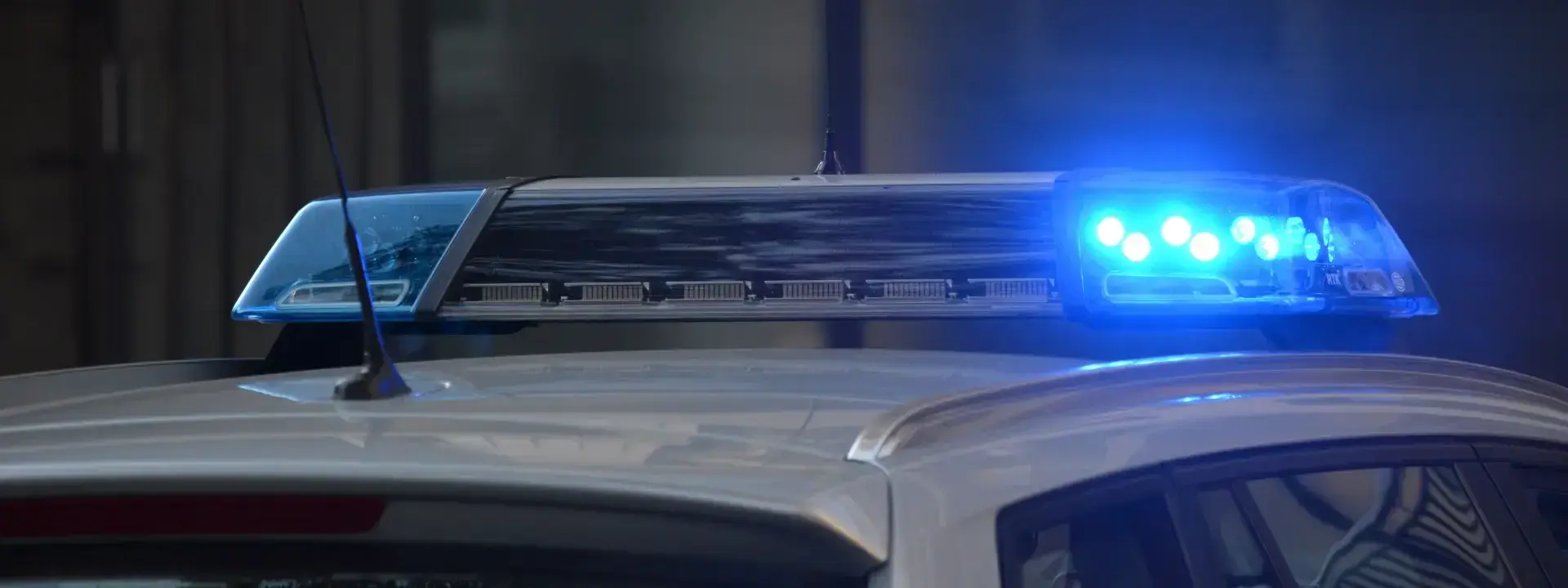
Police Job Description
What is a Police Professional?
A police officer, also known as a policeman/policewoman, is a public servant charged with maintaining law and order. Police officers enforce the laws of their jurisdiction, investigate crimes, apprehend suspects, collect evidence, and testify in court. They are also responsible for maintaining peace and order at public events, patrolling their beats, and responding to emergency calls. The job of a police officer is both physically and mentally demanding.
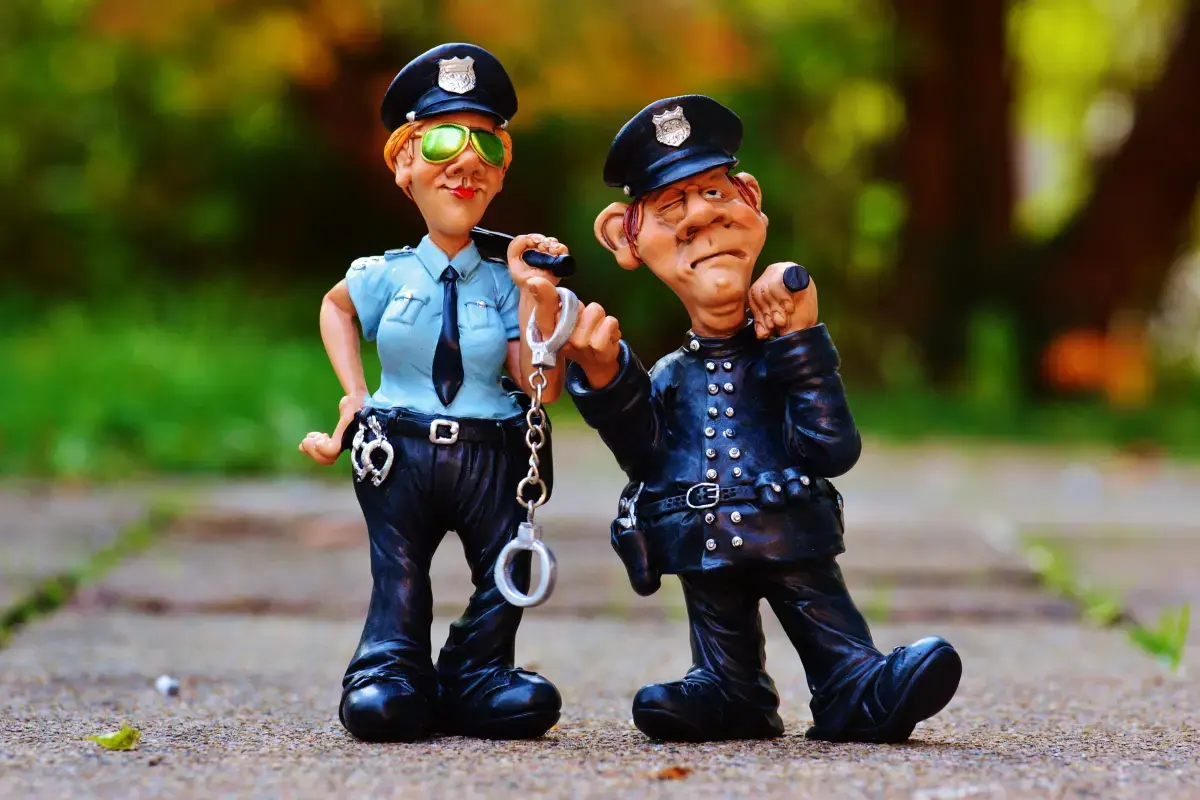
What does a Police Expert do?
Officers must be able to deal with potentially dangerous situations while remaining calm and levelheaded. They must have excellent communication skills and be able to quickly assess a situation and make decisions based on the best course of action.Police officers work long hours, often working shifts that include nights, weekends, and holidays. They may be required to work overtime on short notice.
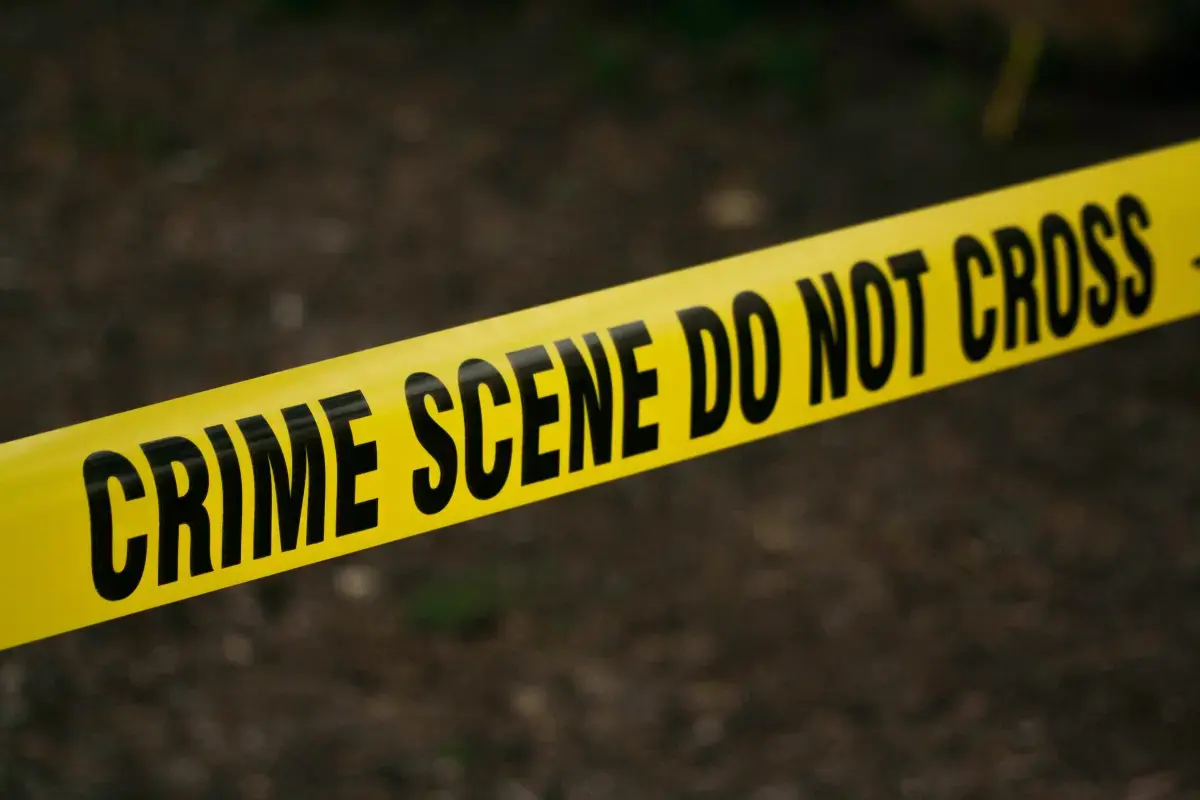
What are the Skills of a Police?
Police officers need a wide range of skills and experience to be effective in their role. Here are some of the key skills and experience that police officers need: Communication skills: Police officers need excellent communication skills, both written and verbal. They need to be able to communicate effectively with a wide range of people, including victims, witnesses, suspects, and other members of the public. They also need to be able to communicate clearly and concisely radio transmissions and reports. Interpersonal skills: Police officers need strong interpersonal skills. They need to be able to build rapport quickly with people from all walks of life. This includes being able to defuse difficult situations calmly and diplomatically. Problem-solving skills: Police officers are constantly presented with problems that they must solve quickly and effectively.
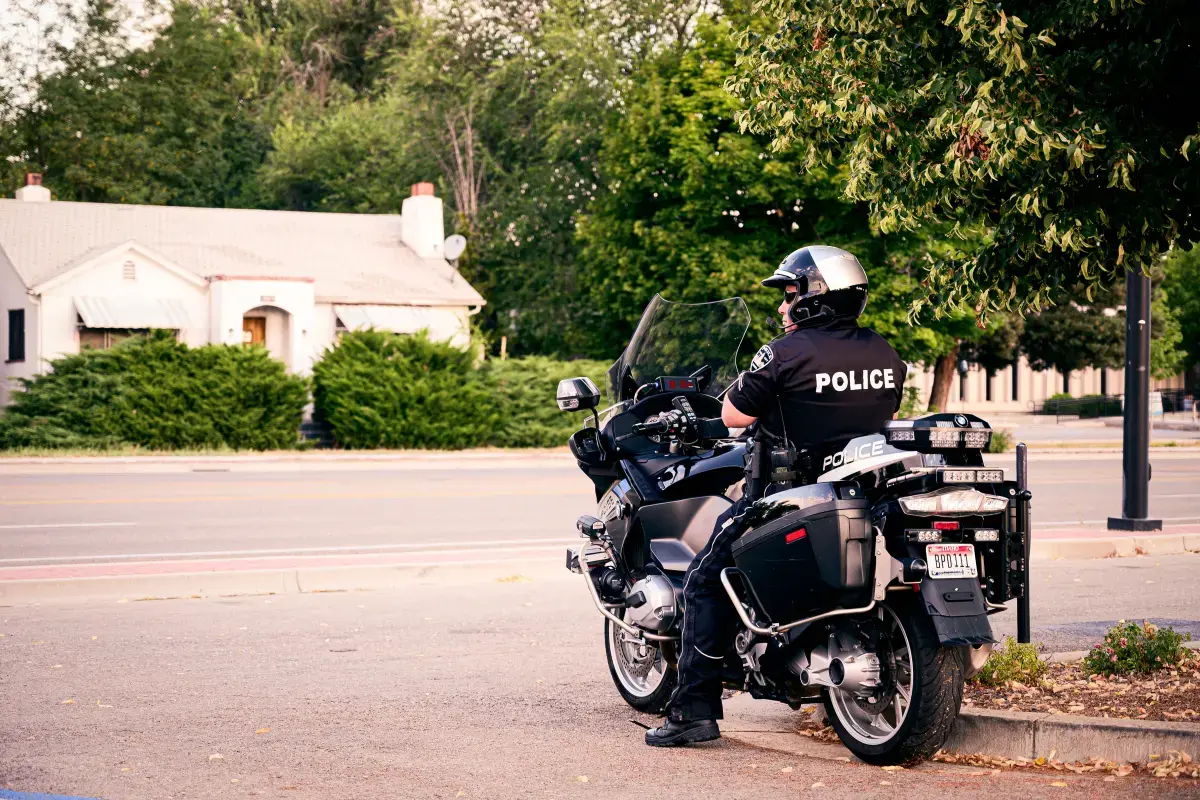
What makes an Expert Police?
They must be able to gather information efficiently, weigh up all the options, and make decisions under pressure. Physical fitness: Police officers need to maintain a high level of physical fitness as their job often involves running after suspects or chasing down leads on foot. They also need upper body strength for things like handcuffing suspects or breaking up fights. In addition, police departments often require applicants to take a physical fitness test as part of the hiring process.. requirements can vary from department to department but typically include running miles within a certain time limit , doing sit-ups and push-ups within a minute each ,and completing an agility course . cycle patrols
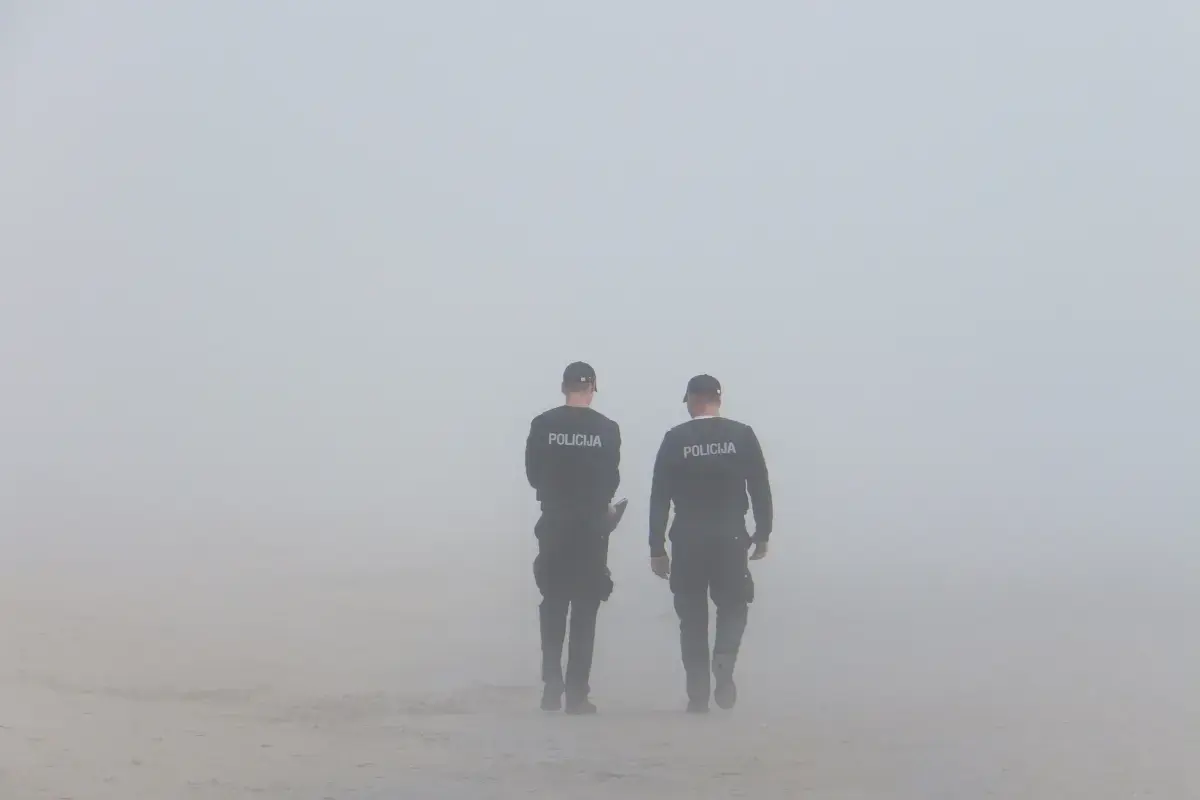
What level of Experience & Qualifications are required to be a Police?
Industry Experience: 1. Previous law enforcement experience is preferred, although not required for entry-level police officers. 2. Candidates may also be accepted with related work or volunteer experience in areas such as military service, private security, corrections and firefighting services. Training Requirements: 1. All applicants must attend an approved basic training program prior to beginning their duties as a sworn officer of the law; this typically involves approximately 400 hours of classroom instruction and practical exercises covering topics from criminal procedure to firearms familiarization and use of force protocols . 2. Depending on jurisdiction, some new recruits may also receive additional specialized training in areas like crisis intervention or evidence collection techniques upon completion of the initial academy coursework Qualifications: 1) Must possess U S citizenship 2) Be at least 21 years old 3) Have no felony convictions 4) Possess valid driver’s license 5 )Have good physical health 6). Meet state specific vision requirements Education Requirements: Most states require that candidates have earned high school diploma or equivalent GED certification before they can apply for entrance into a police academy
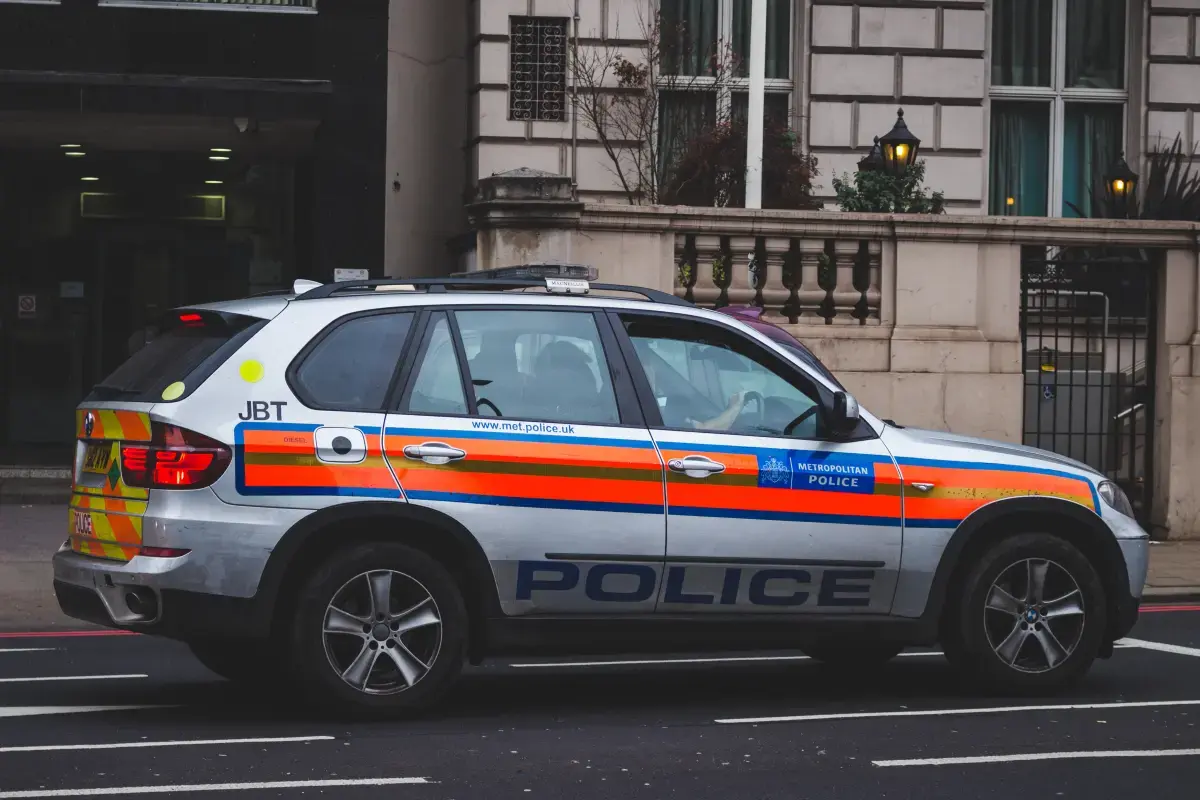
What is the Salary of a Police?
The salary range of a police officer will vary depending on many factors such as experience, rank, and geographic location. At the junior level (entry-level), an individual can expect to earn anywhere from $30,000 - $50,000 annually. This would include Police Officers who are just starting out in their career or those with little to no prior law enforcement experience. Depending on the agency and jurisdiction they may also be eligible for overtime pay which could increase overall earnings significantly over time. As officers progress through their careers they may become Sergeants or Lieutenants at mid-level positions where salaries typically range between $60,000 - $90,000 per year plus added benefits like retirement plans and health insurance packages that come with longevity within an organization. At senior levels (command/executive) salaries generally start around $100k+ but this figure varies widely across states and agencies due to cost of living differences along with other contributing economic factors such as population size etc.. Senior Commanders or Chief Executives often receive a much higher compensation package than lower ranking staff members including additional bonuses for performance related outcomes throughout the course of their tenure within certain departments or organizations.
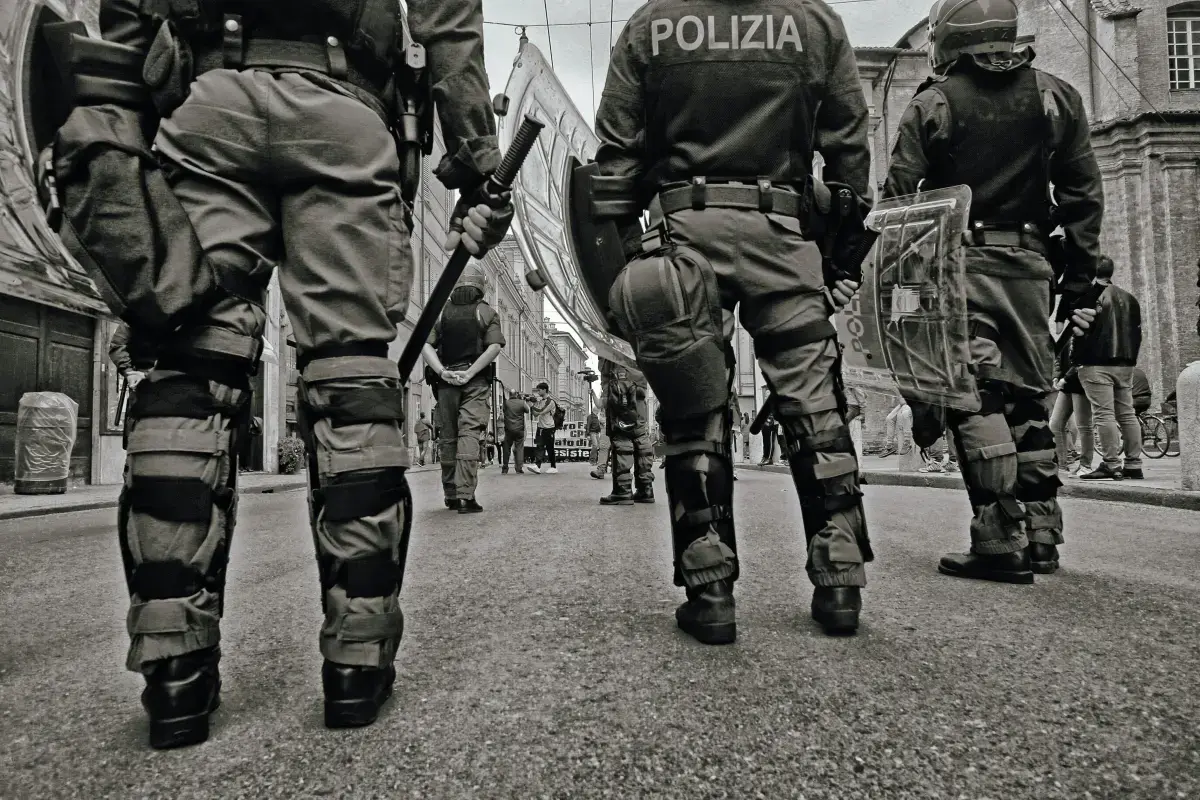
What are the Working Conditions for a Police?
Police officers work in a variety of environments, ranging from busy urban communities to small towns and rural areas. The hours can vary greatly depending on the assignment or shift, but most police officers are expected to work 40-hour weeks with occasional overtime as needed. They may be assigned days off during certain times of year and also have holidays off like other public employees do. The job entails responding to emergency calls at all hours, including nights, weekends and holidays; patrolling neighborhoods for suspicious criminal activity; conducting traffic stops when necessary; interacting with citizens who need assistance or advice about safety measures related to their homes or businesses; making arrests if applicable after an investigation has been completed; writing reports about incidents that occur while on duty; assisting in crime scene investigations by collecting evidence such as fingerprints, photographs and physical descriptions of suspects involved in crimes committed within the jurisdiction they serve. In addition to working directly with members of the community both inside and outside law enforcement agencies across jurisdictions (which includes various levels of government), police officers often collaborate closely with detectives who specialize in specific types of cases like homicide investigations or drug trafficking networks operating within their area(s) responsibility. This type collaboration is important because it allows information gathered by one agency’s investigators/officers help another solve difficult cases faster than would otherwise be possible without cooperation between agencies sharing resources around common goals involving public safety initiatives which benefit everyone living under those jurisdictions served by them collectively through mutual respect & trust built over time through positive interactions experienced daily along these lines whenever called upon due circumstances encountered routinely throughout each day no matter what region we find ourselves located anywhere else here Earth this same process still holds true everywhere alike!
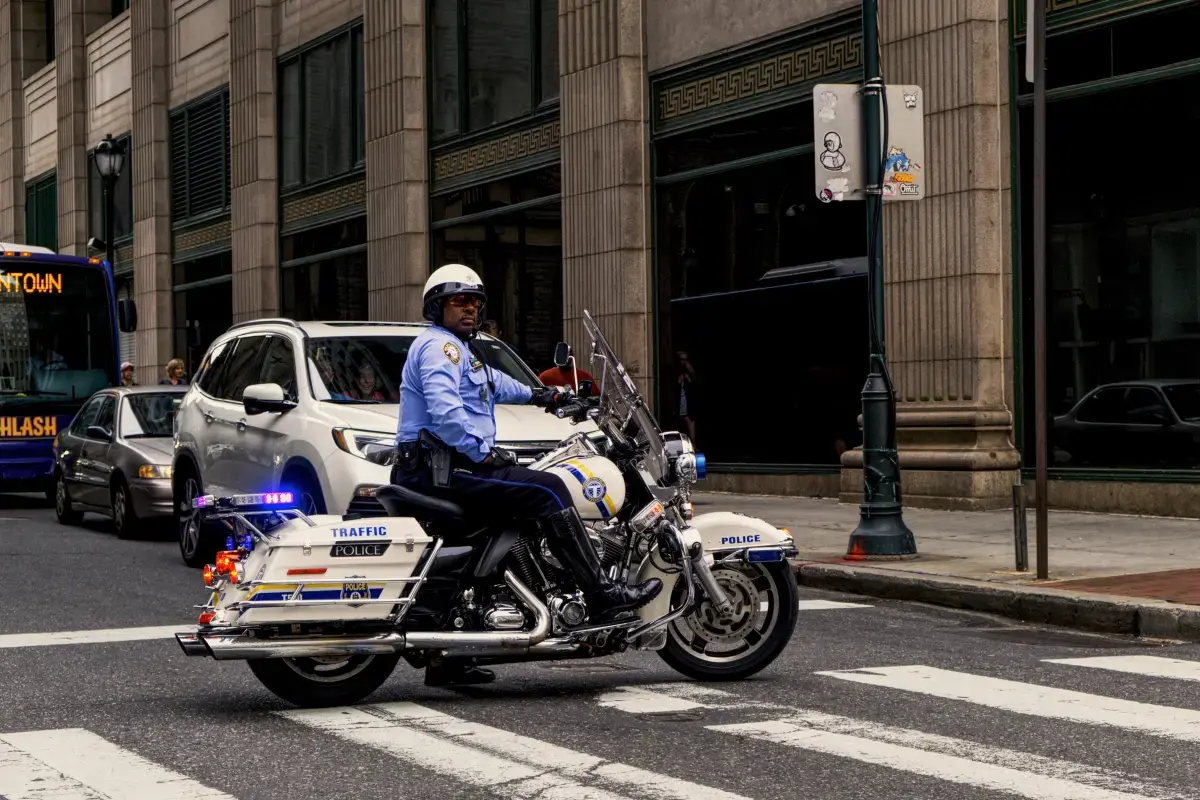
What are the roles and responsibilities of a Police?
To maintain law and order
To protect life and property
To prevent crime
To apprehend criminals
To collect evidence at the scene of a crime
To give testimony in court
To break up riots
To control traffic
To direct pedestrian and vehicular traffic
"Domestic violence" calls involving husband-wife disputes, etcetera
Incapacity due to drugs or alcohol - "Check point" locations for suspected intoxicated drivers
Working with school officials on truancy and bullying issues
Community policing activities such as attending local functions, block watches, working with youth groups, speaking engagements
Criminal investigation work including interviews, interrogations when required
Executing search warrants when suspicious activity is suspected
Undercover work related to illegal narcotics or other criminal activity
Gang enforcement
Patrolling high crime areas
Writing reports
Maintaining patrol car
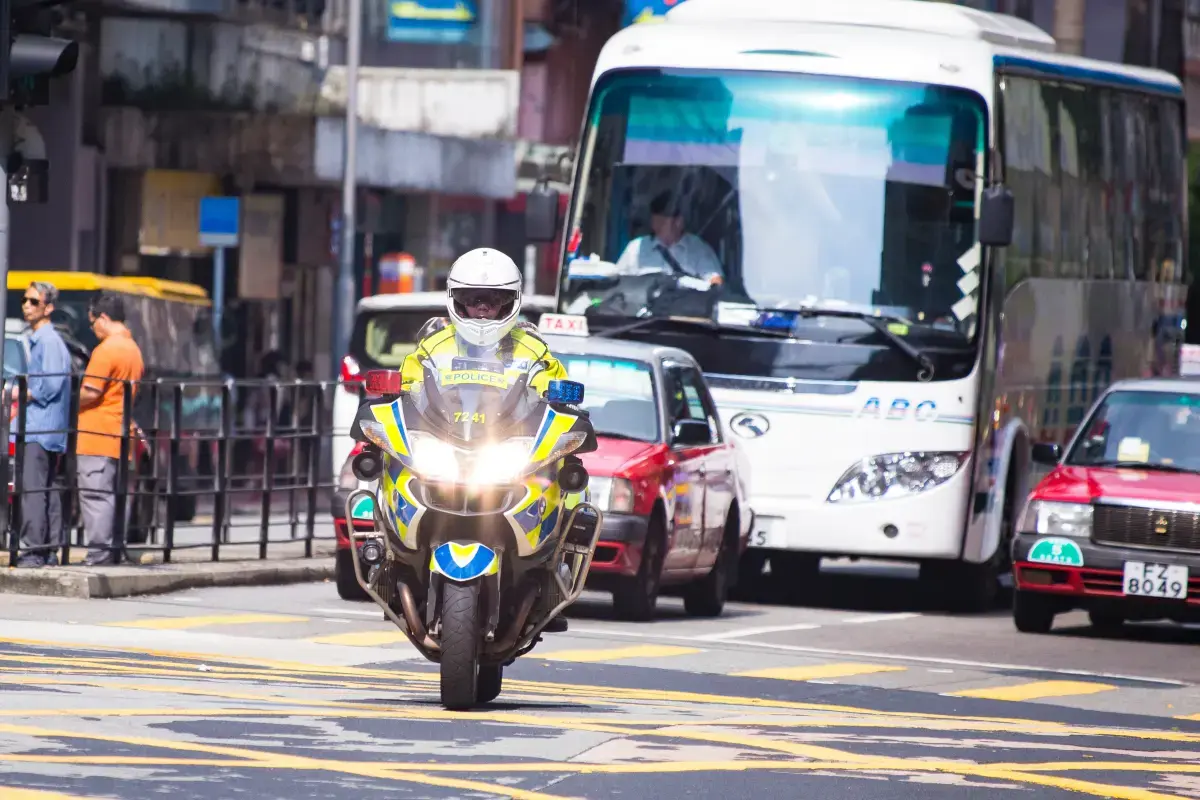
Where can I find Police jobs?
- Create a profile on gigexchange and promote your Police skills to advertise you are Open to New Work Opportunities
- Ensure your Resume (or CV), or online work profile is up to date and represents your skills and experience. Ensure your reputation reflects your ability & attitude.
- Apply for Police Jobs advertised on gigexchange.
- Practise Police interview techniques to ensure you represent your personality and ability succinctly and confidently.
- Accept the job offer if the salary meets your expectations and the employer mission and purpose reflects your core values.
Jobs
What are the best job boards for Police Officer jobs?

How can I hire Police staff online for my business?
The best job board for recruiting Police experts is gigexchange.com. Advertise full-time, part-time or contract jobs to find, hire & recruit trusted, experienced and talented Police candidates near you.
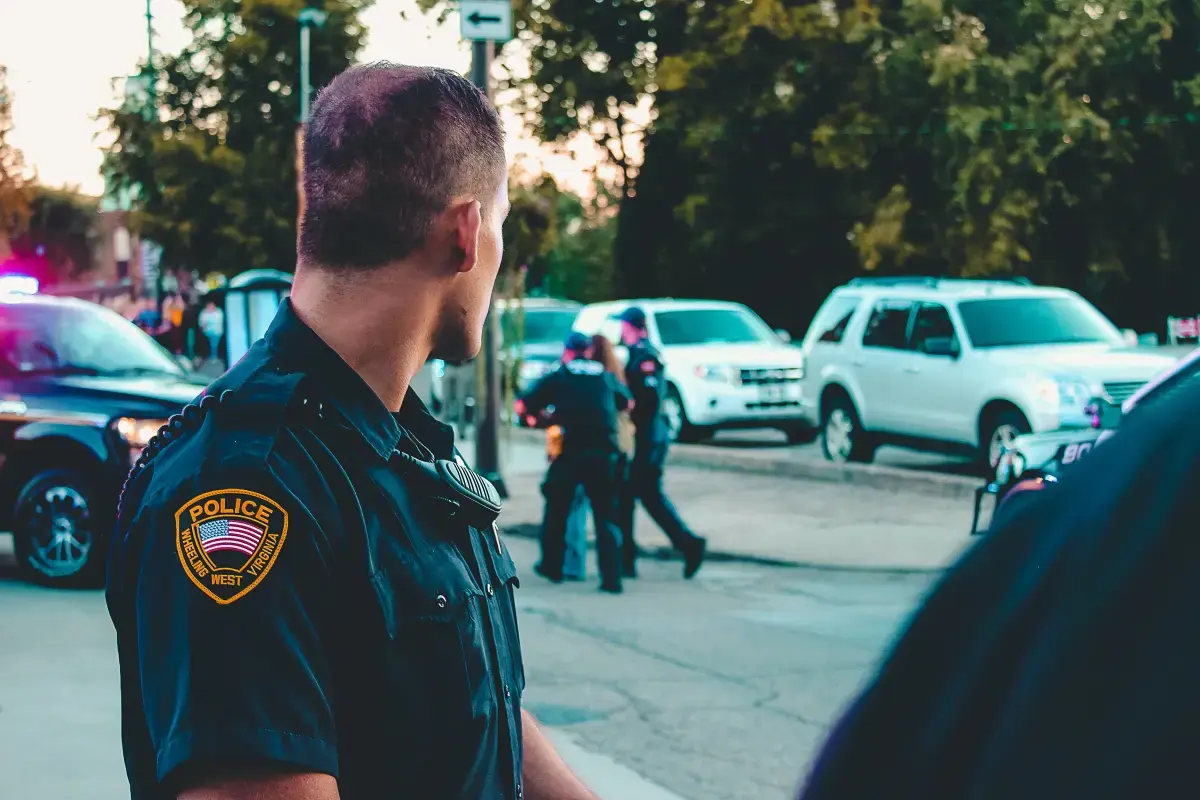
Are Police roles in demand in 2026?
Police experts are still in high demand in 2026. If you are an experienced Police or looking to train and become one. The job market is looking strong for Police jobs near me.